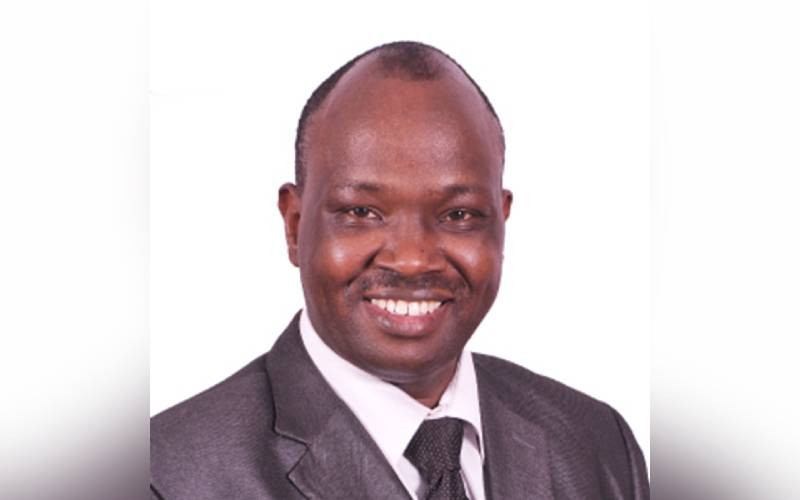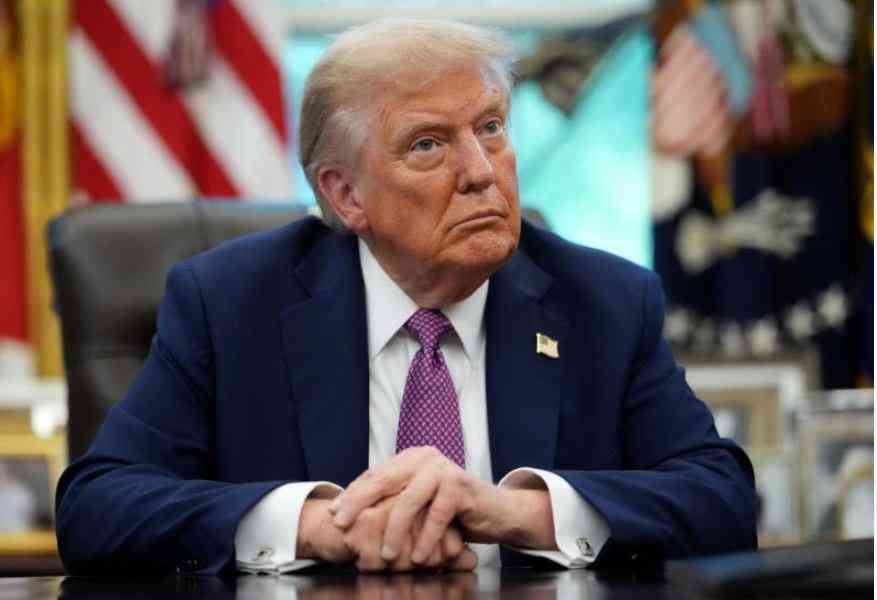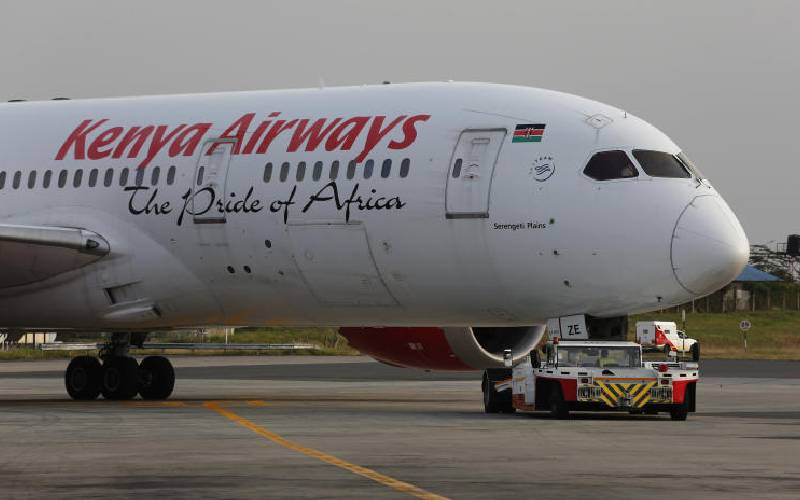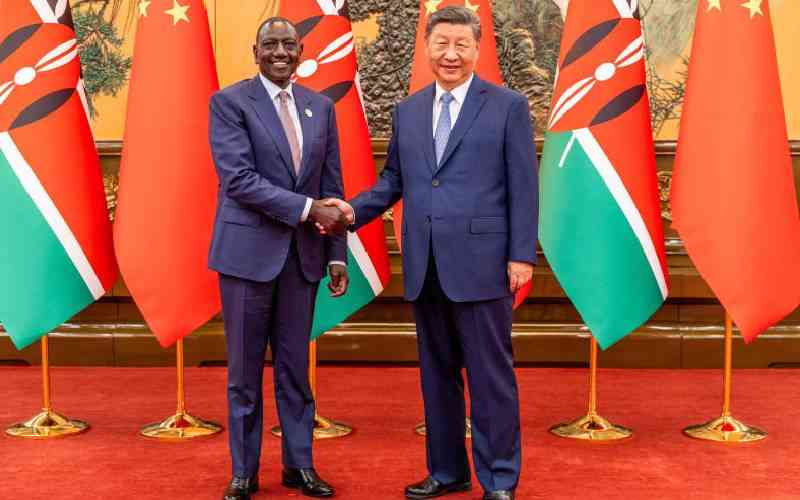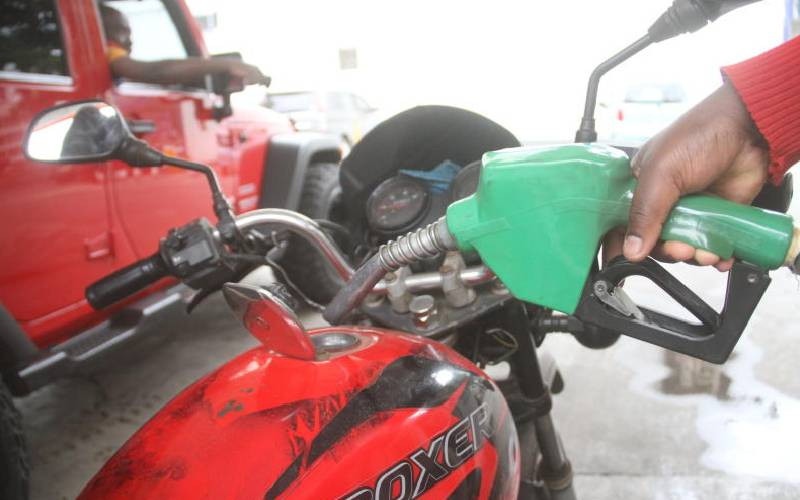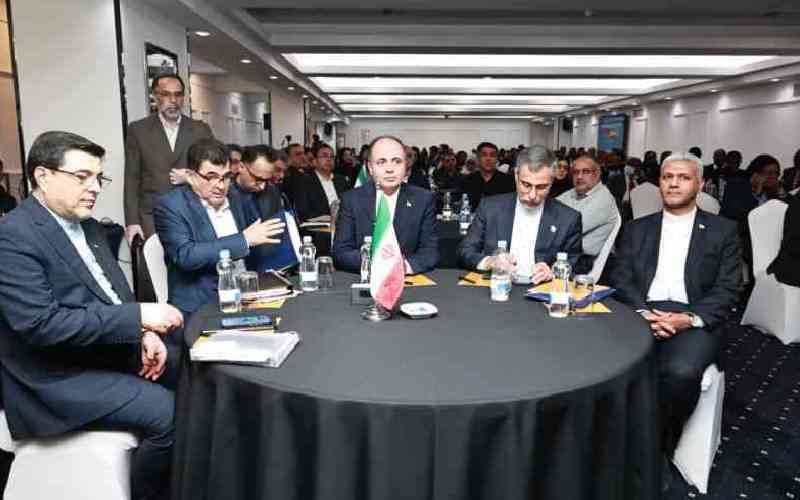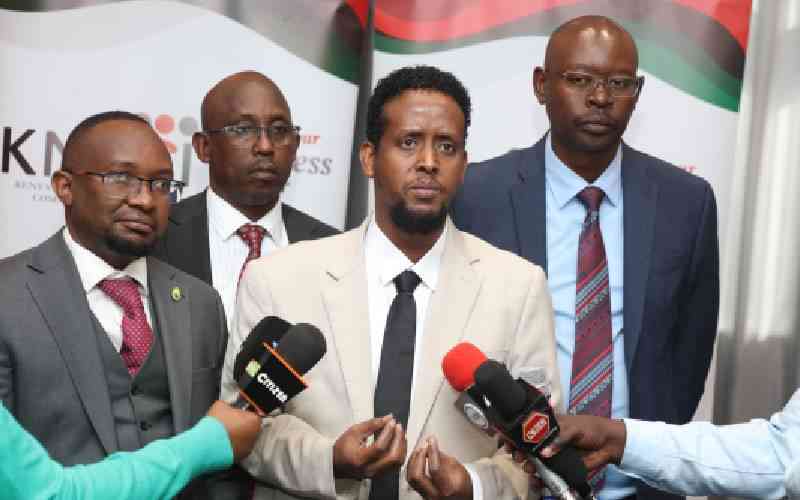×
The Standard e-Paper
Join Thousands Daily
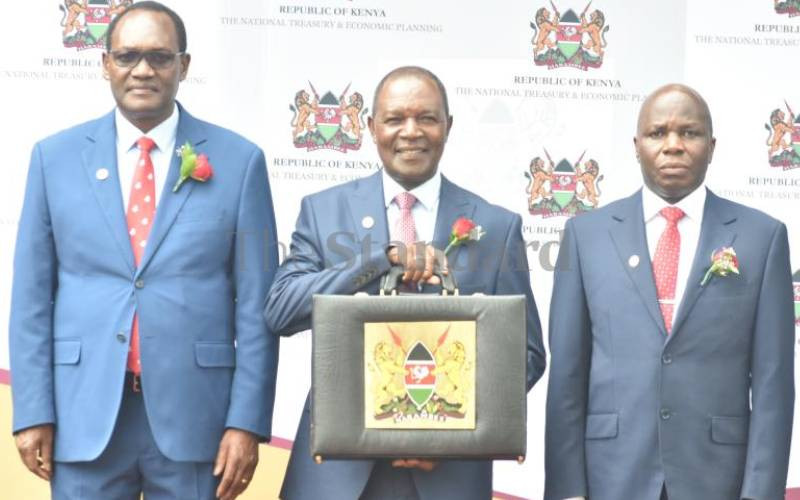
The Kenya Kwanza administration defended its controversial spending plan in Parliament that was marked by protests by opposition MPs who staged a walkout.
The Ruto government, under pressure to deliver on its rosy campaign pledges including bringing down the cost of living, said it needs time for its ambitious programmes to have an effect on the ground but also help from the private sector and foreign lenders to meet its massive public investment needs.
